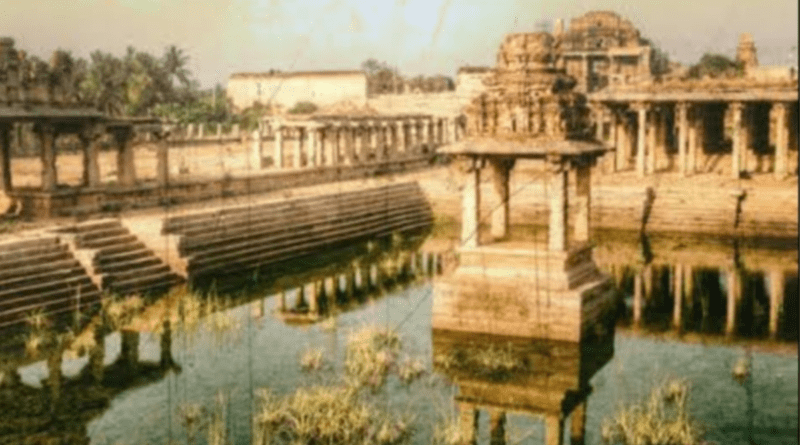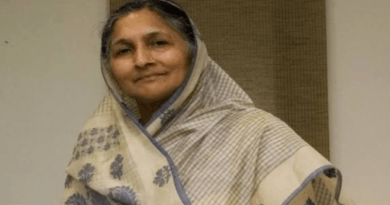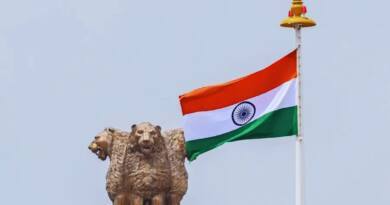Latest: the ancient civilizations of India and their lifestyles
India’s history is one of significant and ongoing change. The dynamics of migration, conflict, mixing, cohabitation, and collaboration have shaped it.
The tale of Indians and our civilization is explored in this ten-part web series, which explores some of our most important historical sites—the majority of which have been excavated by archaeologists after going extinct. These locations include the Mauryan Pataliputra, the Harappan city of Dholavira, the Ikshvaku capital at Nagarjunakonda, the Buddhist center of learning at Nalanda, the mysterious Khajuraho, the Vijayanagara at Hampi, the Mughal capital of Delhi, and the ancient city of Varanasi. Foreign explorers from antiquity and the Middle Ages, such as François Bernier, Marco Polo, Megasthenes, Xuanzang, Alberuni, and others, hid unexpected truths about us Indians in their peculiar narratives.
India has a rich and turbulent history of cultural ideas, beliefs, and values, some of which have persisted to this day and others of which are lost to time. I won’t spend too much time talking about dull dates, fights, and kings—the kind of things that made history seem uninteresting in school. Rather, it is our deeper cultural and social currents and their evolution that have shaped who we are.
What language did the Harappans speak, and who were they? Is the question of whether or not the Aryans actually migrated to India so hotly debated today? How long has untouchability been in India, and what are the origins of varna and caste? How did Indo-Aryan civilization enter India, and how did it grow throughout the country? What led to the fall of Buddhism in India and the destruction of Nalanda? Why did the Khajuraho people etch graphic erotica next to their gods on the walls of their temples, and why did this custom vanish? What are the historical roots of Sati and other subcontinental patriarchal customs? Before the Turko-Persian invasions, how vibrant was the intellectual culture and science of India? Was India a prosperous nation before British colonization?
Unlikely to foster a more thoughtful public discourse on history, which is this series’ goal and a pressing necessity in modern-day India. So, I strongly recommend that you watch Indians. Try it with an open mind to see what you can find!




